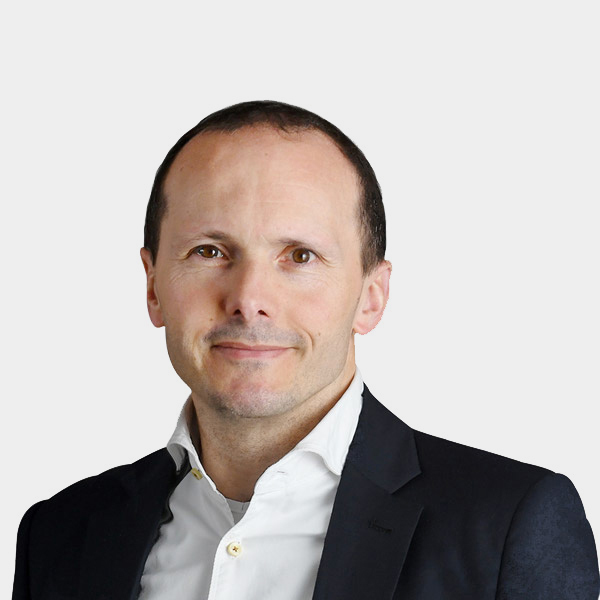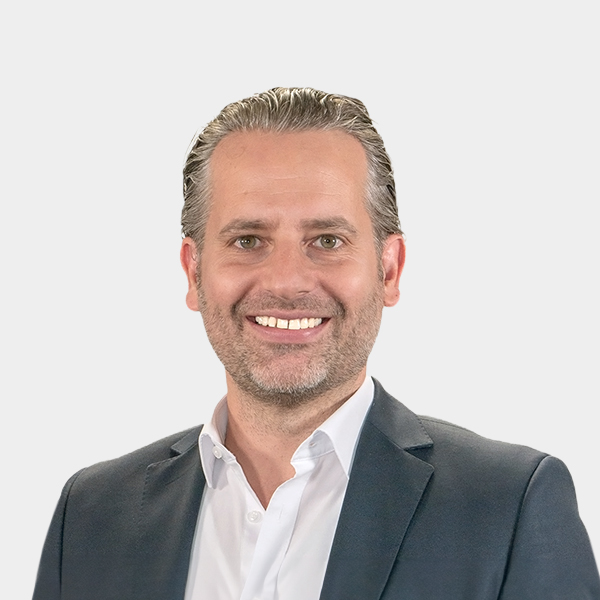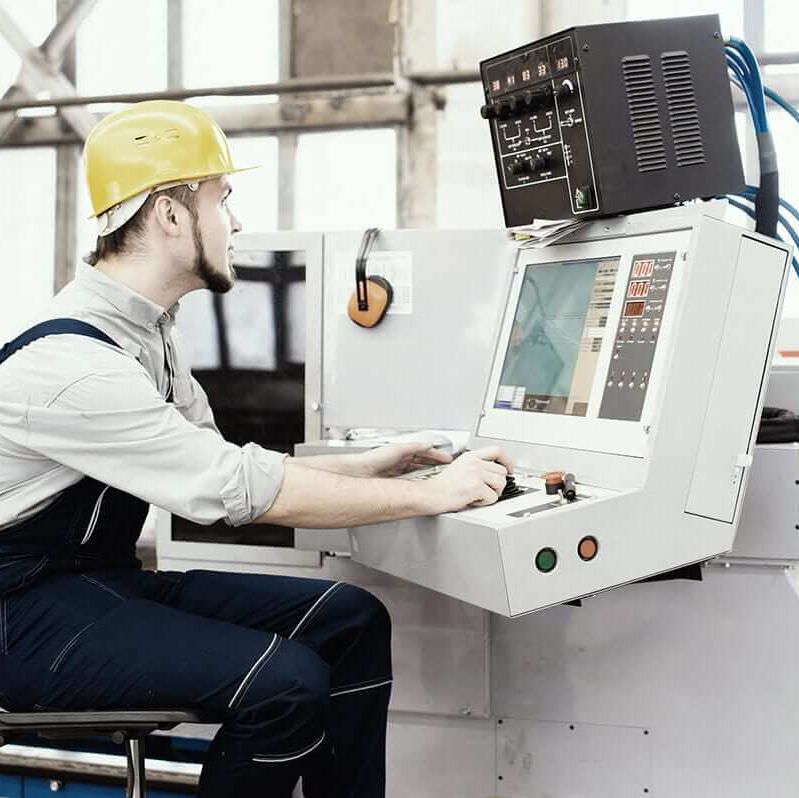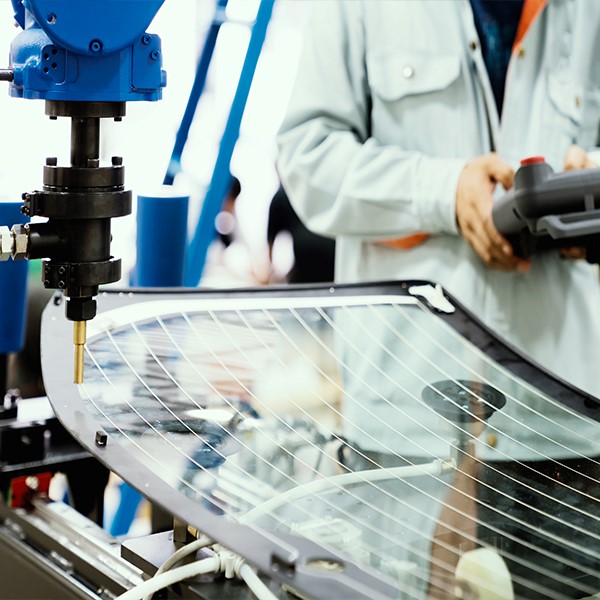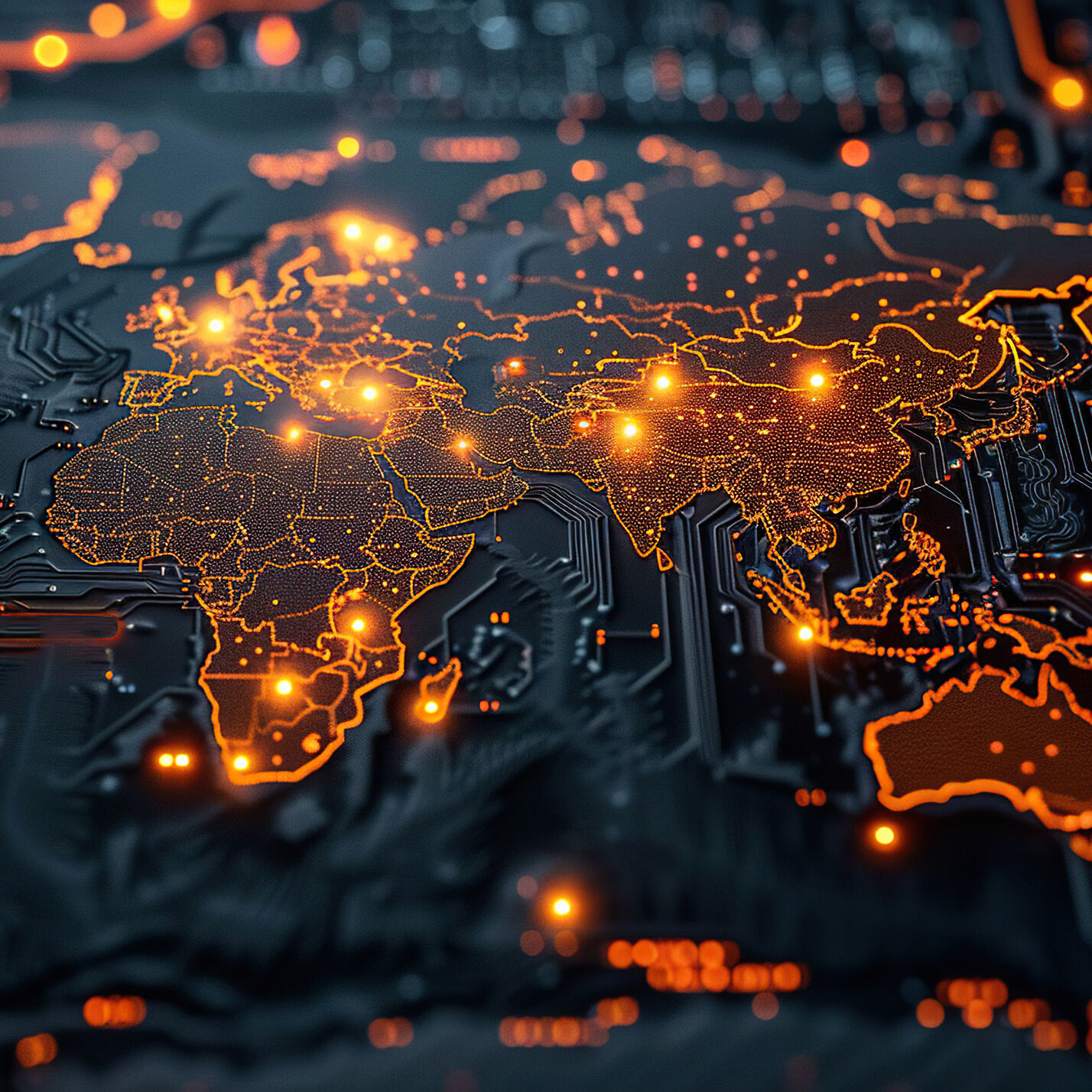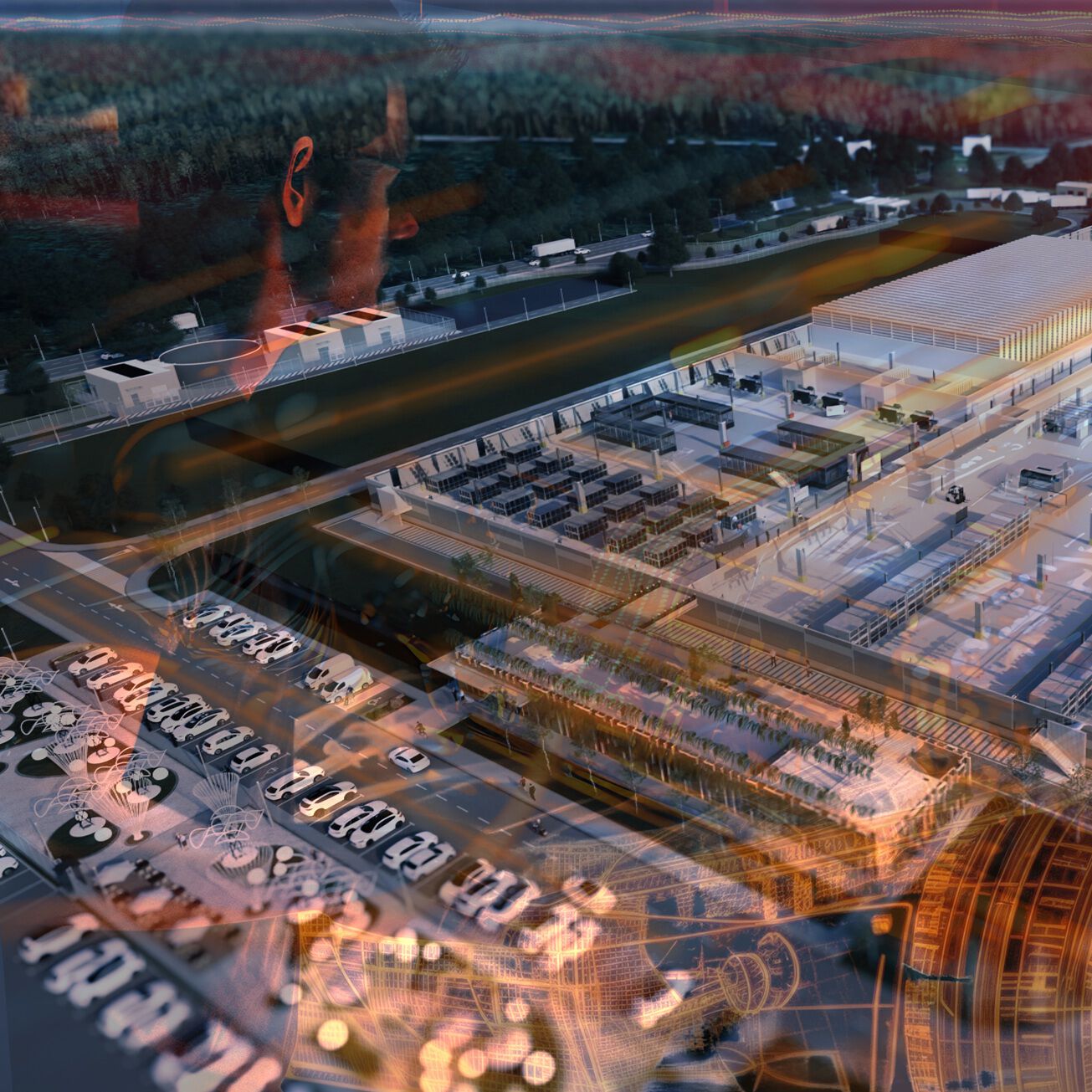- Which production and distribution locations are optimal, how are they networked and how can economies of scale be exploited?
- Which transport routes and carriers are used?
- How are development and production contents distributed correctly?
- To what extent is there vertical integration in the supply chain and what are the consequences in terms of make-or-buy decisions?
- What is the ideal footprint of the locations, which organizational and technological competencies and resources are available there and which products are produced where?
Manufacturing Footprint
Global logistics networks are highly complex structures. These networks, often created historically or as a result of takeovers and mergers, are rarely optimally aligned with the company's strategy. In addition, the diverse framework conditions are constantly changing. Political decisions, as well as the strategies and location decisions of competitors, customers and suppliers, can exert massive influence on a company's own network.
Control and adaptation of the logistics network
Companies must therefore be in a position to identify relevant developments at an early stage and react with flexible adjustments to their own network - for example, by changing locations, adapting the procurement and distribution organization, or reorganizing the supplier portfolio. In order for these decisions to be made quickly and effectively, the global location structure and the allocation of products, technologies and investments must be continuously reviewed. In addition, the relationship between central governance and local autonomy must be constantly rebalanced and adapted to changing conditions. There are several key questions to be answered in these areas of action, among others:
Network structure
Adaptability
- Which procurement clusters and centers make sense today and in the future?
- How can regions with a comparatively low cost level of production factors be integrated into the supply chain - while taking benefits and risks into account?
- How can comprehensive, multidisciplinary trend and risk monitoring be established?
- Can currency influences be reduced?
Sustainability
- Are the effects of your own value chains on CO2 emissions sufficiently taken into account?
- Have your global logistics networks been examined from a sustainability perspective? What impact do these have on the environment?
- How decentralized can your supply chains be set up to contribute to reducing environmental impact?
The consultants of EFESO have extensive expertise and many years of experience in building international networks and in the introduction of cross-location, adaptive manufacturing, development, and distribution systems.
The network planning and footprint projects of our customers have taken us to more than 40 countries around the globe. We combine comprehensive knowledge of local structures, geopolitical, economic, socio-demographic and logistical conditions with strong local implementation expertise.
Our clients benefit from effective methods and measures of best practices on topics such as Lean, Industry 4.0, OPEX and quality management, which we adapt to local conditions. With country-specific know-how, a valid database and simulation tools, we ensure efficiency and safety in all project phases.
Global Manufacturing Footprint
Aligning production and logistics networks in the best possible way is also one of the central tasks in Global Manufacturing Footprint projects. Typical project targets and key success factors here are, for example:
Project targets
- Supporting a growth strategy
- Increasing capacity utilization at individual locations
- Reducing "parts tourism" and supply chain costs
- Increasing delivery time and speed
- Meeting political requirements
- Increasing resilience to currency and market fluctuations
Success factors
- Appropriate depth of value creation and 'make or buy'
- Global technology concept and manufacturing standards
- Role and distribution of competencies of the locations
- Global capacity and investment planning
- Balance of global and local sourcing
- Use of country-specific flexibility tools
- Organizational approach with clear central/decentralised allocation of roles
- Homogeneous and lean dimensioning of the organizational units
- Global training and qualification programs
Changes in the Footprint are a particularly sensitive issue. After all, extremely complex, long-term planning must be taken into account - and prerequisites such as country-specific knowledge, diverse framework conditions, high investments or a balancing of central and local interests must be met. Consistent change management and the involvement of regional stakeholders are just as necessary as strong and globally accepted project management, especially in the design and implementation phase.
Design a consistent global footprint strategy with EFESO, from naming the requirements through to implementation.

